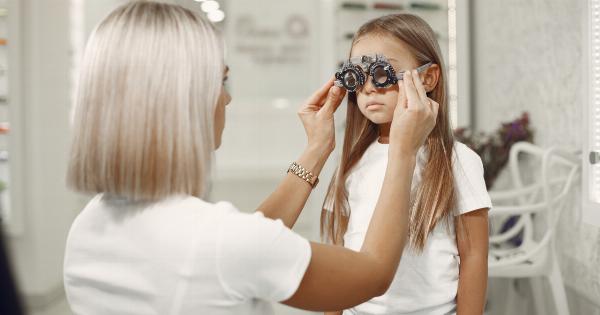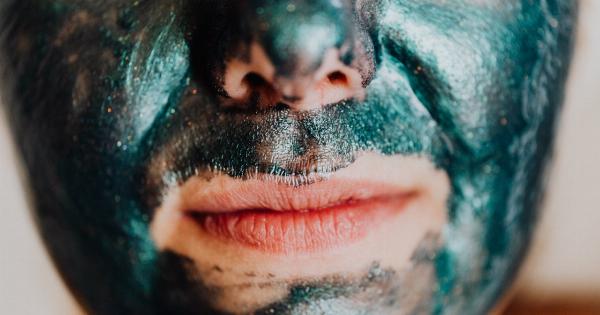Healthy hair is often a sign of good overall health. However, not all hair is equal, and many factors can determine hair health. These factors can include genetics, lifestyle, and products used on the hair.
Genetics
Your genetics influence your hair health. Some people are lucky enough to have naturally thick, lustrous hair while others may have fine, thin hair.
Genetic factors also determine the texture of your hair and its response to styling or chemical treatments.
Diet
A healthy diet is essential for the health of your hair. Foods that are rich in protein, iron, and vitamins A, B, C, and E are essential for healthy hair.
Foods such as walnuts, salmon, spinach, avocados, and sweet potatoes are excellent for keeping your hair healthy and shiny.
Hydration
Water is essential for your body and your hair. If you don’t drink enough water, your hair can become dry, brittle, and prone to breakage. Drinking 8-10 glasses of water per day is essential for the health of your hair.
Stress
Stress can have a significant impact on your hair health. When you are stressed, your body produces cortisol, which can affect your hair growth cycle. Stress can also cause hair loss or thinning.
Practising stress-relief techniques such as meditation or exercise can help keep your hair healthy.
Chemical Treatment
Chemical treatments such as hair coloring, straightening, or perming involve using harsh chemicals that can damage the hair. Repeated chemical treatments can weaken the hair and cause breakage or hair loss.
To keep your hair healthy, limit the use of chemical treatments, and use high-quality, gentle products when you do.
Sun Exposure
Sun exposure can damage your hair just like your skin. UV rays can cause dryness, breakage, and split ends. It’s essential to protect your hair from the sun by wearing a hat or using a hair care product with SPF.
Hair Care Products
Hair care products can have a significant impact on hair health. Using high-quality hair care products such as shampoos, conditioners, and styling products is essential for keeping your hair healthy.
However, using too much or the wrong type of product can damage your hair. Choose products specifically designed for your hair type and use them in moderation.
Sleep
Sleep is essential for overall health, including hair health. Sleeping allows the body to repair and regenerate, including the scalp and hair follicles. Lack of sleep can cause hair loss and brittle, dull hair.
Aim for 7-8 hours of sleep per night to help keep your hair healthy.
Hormones
Hormones play a crucial role in hair health. Hormonal changes such as pregnancy, menopause, or thyroid conditions can affect hair growth and texture.
Speak to your doctor if you notice significant changes in your hair that may be related to hormonal issues.
Age
As you age, your hair changes. It may become thinner, drier, or more brittle. Hair follicles may also shrink, leading to hair loss. Aging hair requires extra care to maintain its health.





























